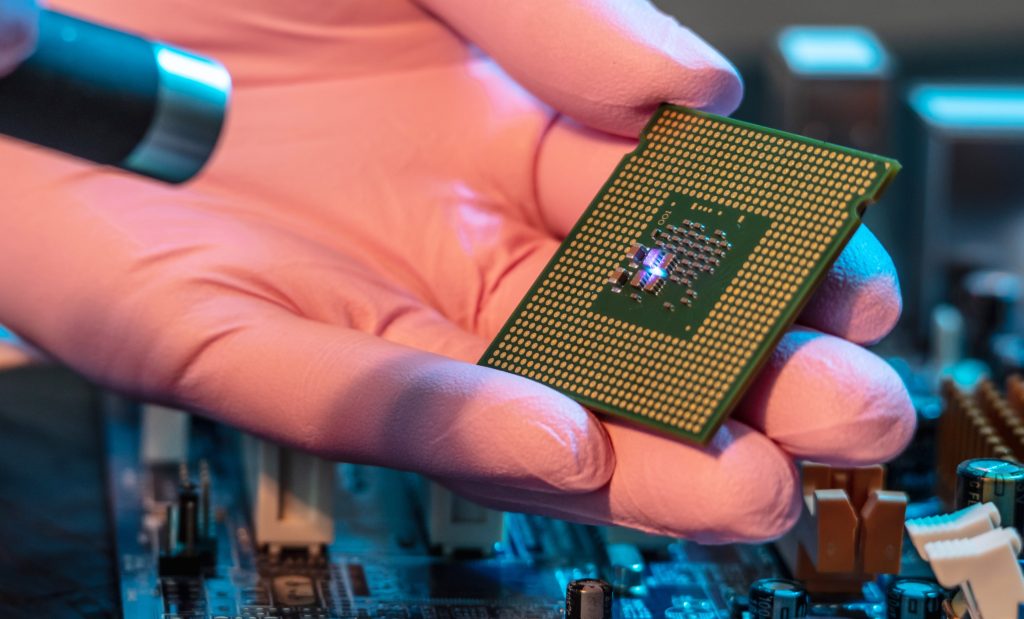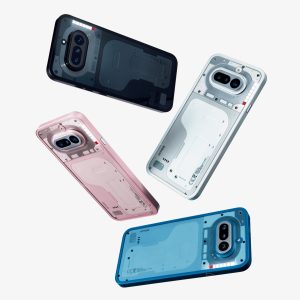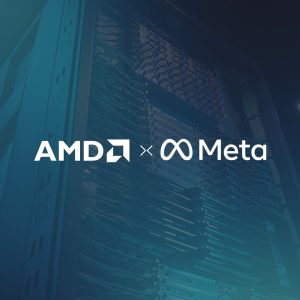US Eases Restrictions on Chip Design Software Sales to China in Trade Pact

In a significant step toward easing trade tensions, the United States has lifted export license requirements for the sale of chip design software to China. This move comes as part of a broader trade agreement between Washington and Beijing aimed at reducing restrictions on key technologies. The US Commerce Department has notified major electronic design automation (EDA) software providers — Synopsys Inc., Cadence Design Systems Inc., and Germany-based Siemens AG — that they can now resume business with Chinese clients without needing special licenses. Siemens has already restored full access for Chinese customers, while Synopsys and Cadence are in the process of reactivating services.
These restrictions, initially imposed in May, were a response to China’s decision to limit the export of rare earth minerals. As part of the new trade deal, the US agreed to allow exports of EDA tools, jet engines, and ethane to China, contingent on China’s promise to speed up export approvals for critical minerals used in green energy and aerospace technologies.
The agreement, finalized in London, reinstates the terms of an earlier pact signed in Geneva. It also signals a shift in Washington’s long-held position that national security export controls are off the table in trade negotiations. Though restrictions on advanced chips like those sold by Nvidia remain in place, the US opted to relax controls on EDA software — a decision seen by some as a strategic trade-off to protect higher-value chip technologies.
The temporary restrictions had raised concerns among US semiconductor firms, which rely heavily on business from China. Analysts warned that prolonged curbs on EDA software could push Chinese firms to build alternative local solutions, reducing long-term reliance on American tools. While lifting the ban offers short-term relief, companies like Synopsys and Cadence may face increased competition from China’s growing domestic EDA ecosystem in the future.
Source: Live Mint




